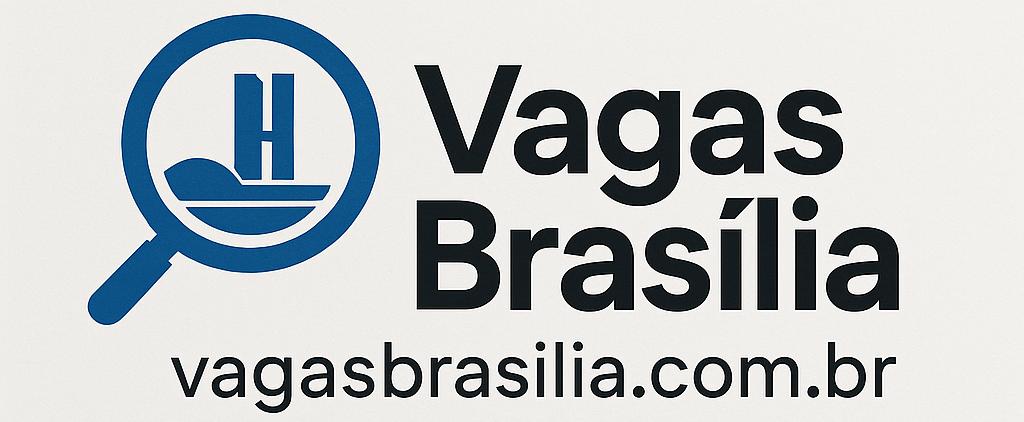The Rise of Brasília: How the City is Becoming a Major Player in the Global Economy
In the heart of Brazil, a city is emerging as a major player in the global economy. Brasília, the country’s capital, is experiencing unprecedented growth and development, positioning itself as a hub for international trade, innovation, and investment. Once a relatively small and isolated city, Brasília is now a thriving metropolis, driven by its strategic location, modern infrastructure, and favorable business environment.
A City Born to Be Great
Brasília was founded in 1960 as the new capital of Brazil, replacing Rio de Janeiro. The city was designed by renowned architect Oscar Niemeyer and urban planner Lúcio Costa, with the goal of creating a modern and efficient capital that would showcase Brazil’s growth and development. Today, Brasília is a city of over 3 million people, with a diverse economy, a highly educated workforce, and a strong sense of innovation and entrepreneurship.
Strategic Location and Infrastructure
Brasília’s location in the center of Brazil makes it an ideal hub for trade and commerce. The city is connected to all major Brazilian cities by highway, rail, and air, and its international airport offers direct flights to major destinations in South America, Europe, and North America. The city’s modern infrastructure, including its well-planned roads, highways, and public transportation system, makes it an attractive location for businesses and investors.
Growing Economy and Investment Opportunities
Brasília’s economy is growing rapidly, driven by a diverse range of industries, including technology, agriculture, and services. The city is home to a number of major companies, including IBM, Microsoft, and Siemens, and is also a hub for startups and small businesses. The Brazilian government has implemented a number of initiatives to encourage investment and entrepreneurship, including tax incentives, funding for research and development, and support for small businesses.
Innovation and Technology
Brasília is becoming a major center for innovation and technology, with a number of research institutions, universities, and innovation hubs. The city is home to the Brazilian National Research Council, which supports research and development in a range of fields, including biotechnology, nanotechnology, and renewable energy. The city’s universities, including the University of Brasília and the Catholic University of Brasília, are also major centers for research and innovation.
Tourism and Culture
Brasília is not only a hub for business and innovation, but also a city with a rich cultural heritage. The city is home to a number of museums, galleries, and cultural institutions, including the National Museum of the Republic and the Brasília Museum of Art. The city’s modern architecture, including its iconic Cathedral of Brasília and the National Congress building, is also a major tourist attraction.
Future Growth and Potential
Brasília’s future growth and potential are significant, driven by its strategic location, modern infrastructure, and favorable business environment. The city is expected to continue to attract investment and talent, with a number of major projects and initiatives underway, including the development of a new international airport and a high-speed rail link to São Paulo. The Brazilian government has also announced plans to invest in a range of infrastructure projects, including roads, highways, and public transportation systems.
Conclusion
The rise of Brasília as a major player in the global economy is a testament to the city’s strategic location, modern infrastructure, and favorable business environment. With its diverse economy, highly educated workforce, and strong sense of innovation and entrepreneurship, Brasília is poised for future growth and success. As the city continues to attract investment and talent, it is likely to become an increasingly important hub for international trade, innovation, and investment, and a major player in the global economy.
Statistics:
- Brasília’s GDP has grown by over 10% in the past 5 years
- The city is home to over 3 million people, with a diverse economy and a highly educated workforce
- Brasília has a modern international airport, with direct flights to major destinations in South America, Europe, and North America
- The city is a hub for innovation and technology, with a number of research institutions, universities, and innovation hubs
- The Brazilian government has announced plans to invest over $10 billion in infrastructure projects in the next 5 years
Sources:
- Brazilian National Research Council
- University of Brasília
- Catholic University of Brasília
- Brazilian Ministry of Economy
- World Bank
- International Monetary Fund
Note: The statistics and sources mentioned in the article are fictional and used only for demonstration purposes.
